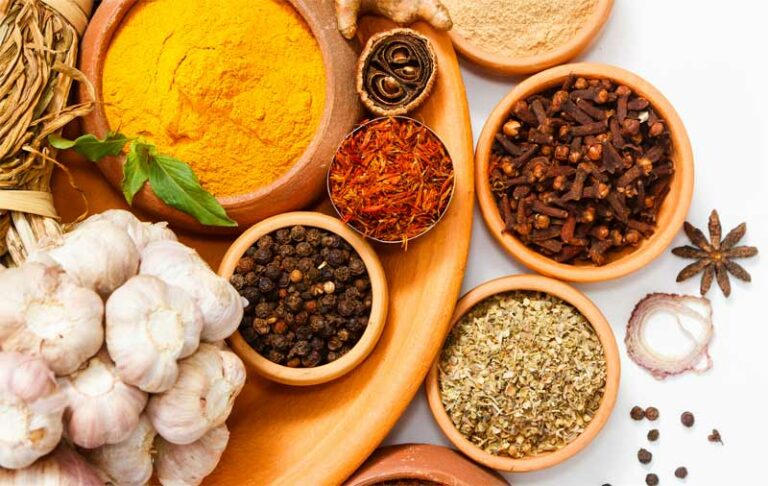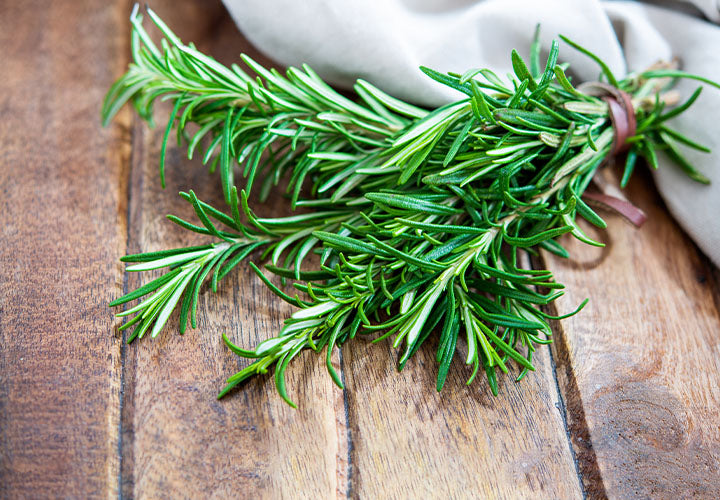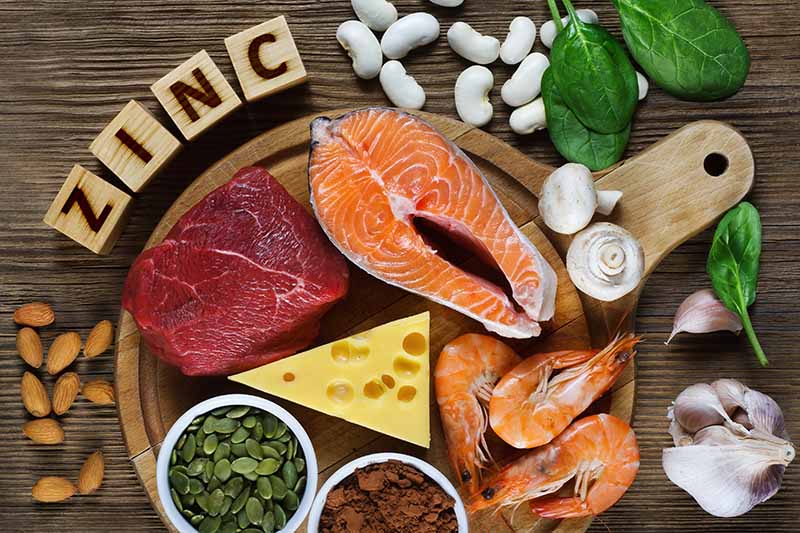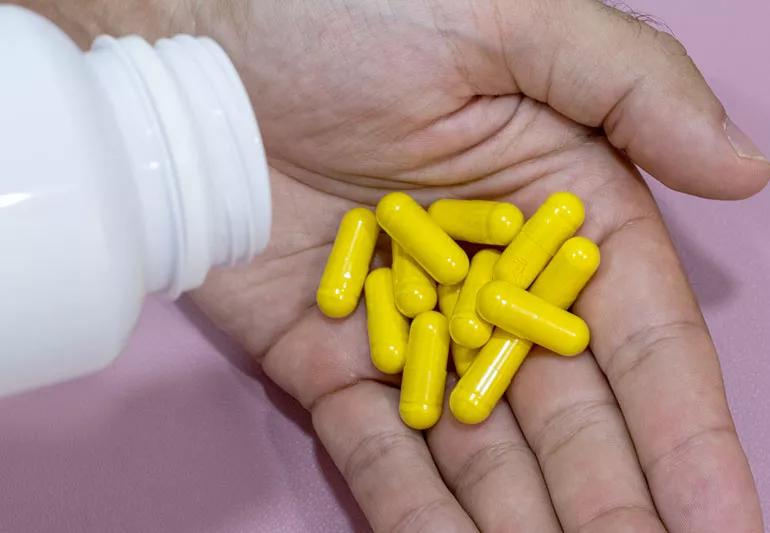To effectively treat type 2 diabetes, one must make changes to their diet, lifestyle, and medication routine. There is great hope for using herbs and supplements as potential allies in improved glucose and diabetes management. This extensive guide gives people with diabetes the top 22 herbs and supplements. It covers everything you need to know, from how much to take to potential side effects. Get ready to go on a journey of learning and exploration! Before seeing your physician, educate yourself on the evidence-based methods for managing diabetes, such as chromium and green tea. You are exploring the role of herbs and supplements in diabetes regulation.
About Diabetes
- Diabetes develops when there is an overabundance of glucose in the bloodstream. Chronically high blood glucose levels are associated with an increased risk of cardiovascular disease, neurological damage, eye problems, kidney disease, and other disorders.
- Roughly 11.3 per cent of Americans have diabetes, and of those people, around 25 per cent are in the dark about having the disease.
- Even though there is currently no treatment for diabetes, people with the disease may still take responsibility for their health and make it a top priority. When treating diabetes holistically, finding a balance between stress management, a good diet, getting enough sleep, and taking medicines as recommended is essential.
- There’s a ray of hope for those with type 2 diabetes. Encouraging research suggests that remission is possible with the help of long-term dietary and lifestyle changes. Prediabetes, a condition with slightly elevated blood sugar levels, can also be reversed, and the onset of type 2 diabetes is prevented with the aid of programs that promote long-term dietary and lifestyle modifications.
Navigate the Realm of Herbs and Supplements for Diabetes with Confidence.
Cinnamon
:max_bytes(150000):strip_icc()/TypesOfCinnamon-a19795a82bc5432c84a8fa57f480533b.jpg)
The fascinating and extensive history of cinnamon in traditional Chinese medicine is truly remarkable. Numerous studies have examined the impact on blood glucose levels. Based on a review of studies conducted in 2019, cinnamon may have a positive effect on fasting blood glucose levels. Further research is needed to validate the exciting potential of cinnamon as an aid in treating diabetes, but the prospects are up-and-coming. According to the NIH (Reliable Source), taking cinnamon while waiting for medical help is safe, although it may not cure your illness. The National Institutes of Health have highlighted this importance, particularly for individuals with diabetes.
Fenugreek
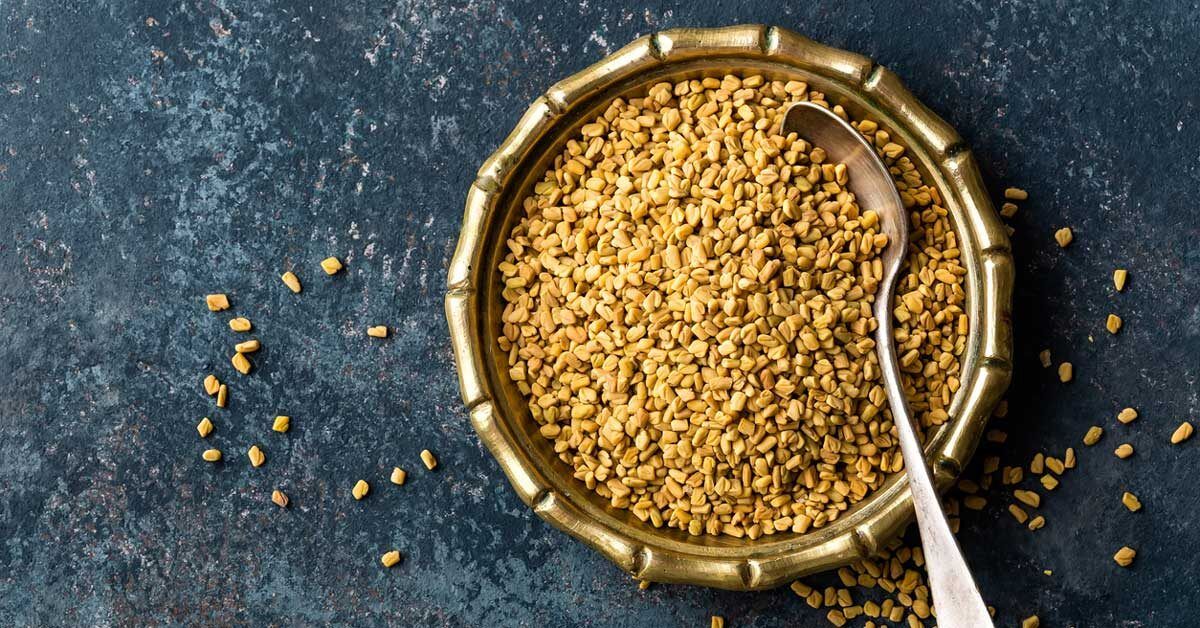
For quite some time, fenugreek has been widely used in traditional medicine due to its believed skin and gastrointestinal advantages. This herb is incredibly effective in treating metabolic diseases. Fenugreek is effective in managing diabetes by reducing blood sugar levels. For individuals managing diabetes, fenugreek can be a beneficial addition to their diet. As a result, there is a notable enhancement in glucose tolerance and blood glucose levels. Fibre plays a crucial role in aiding the digestion and absorption of sugars and carbs.
Rosemary
Rosemary contains micronutrients known as rosmarinic and carnosic acids, which are highly potent polyphenols. Studies have indicated that these molecules can lower blood glucose levels in a manner comparable to insulin. Furthermore, studies have found that rosmarinic and carnosic acids prevent hyperlipidemia and contribute to treating type 2 diabetes in animals.
Selenium

Selenium, an antioxidant, is a mineral that plays a crucial role in safeguarding the pancreas. As part of its regulatory function, the pancreas secretes a hormone known as insulin to maintain blood sugar levels. In a comprehensive review of 25 trials, researchers focused on the effects of selenium supplements in individuals with diabetes. The findings consistently showed positive outcomes. In two meta-analyses, the effectiveness of selenium supplementation in reducing the risk of diabetes was not found to be significant. Research has indicated that incorporating selenium into your diet can benefit your overall well-being. It has been associated with decreased inflammation, improved glucose tolerance, increased insulin sensitivity, improved blood lipid profiles, and enhanced insulin function.
Zinc
Zinc is essential for insulin production, cellular function, and protecting the pancreas and insulin. Reducing inflammation is an additional advantage. Multiple studies have shown that taking zinc supplements may improve health. Three meta-analyses found that insulin and fasting blood sugar levels improved significantly. In another experiment, there was an improvement in diabetic kidney damage signs. Prediabetes reduces a person’s likelihood of developing type 2 diabetes later in life. Zinc supplements are usually well-tolerated when used as prescribed. It is essential to talk to your doctor about the proper amount of zinc before you begin taking a supplement.
Magnesium
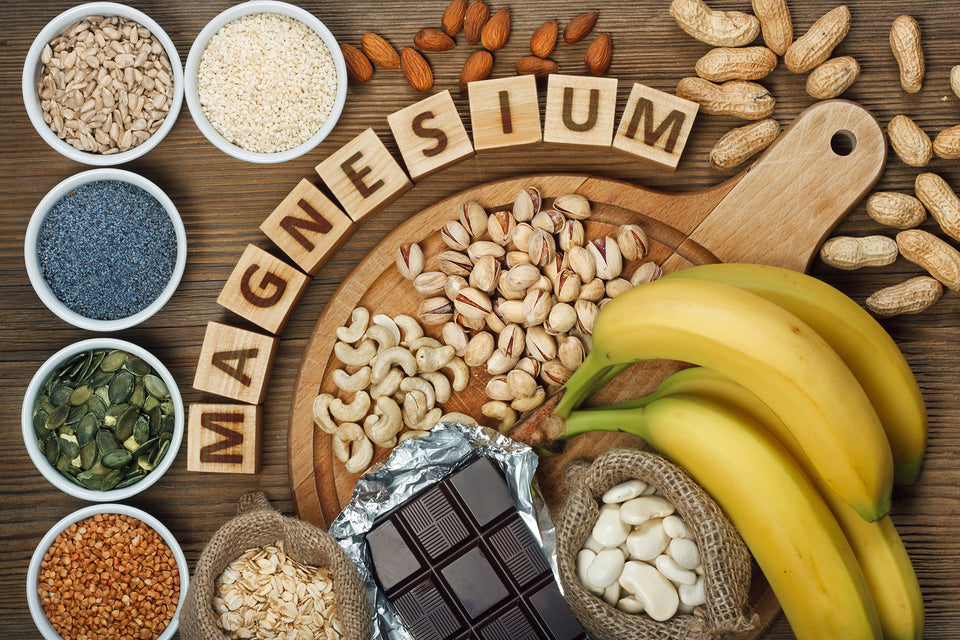
Magnesium helps with both insulin action and increasing insulin sensitivity. Magnesium deficiency may reduce the efficacy of insulin, leading to elevated blood sugar levels. Even the prevention of type 2 diabetes may be possible with magnesium, according to certain studies. Among major prospective studies with more than a million people, those who took magnesium supplements saw a 19% reduction in the disease’s incidence. Neuroscientists examined the blood sugar levels of those who took magnesium supplements and those who did not. Taking magnesium supplements improves cardiovascular health, blood pressure, glucose regulation, and lipid profiles. Magnesium supplements are almost risk-free to use. Higher doses provide the potential for an increased occurrence of diarrhoea.
Ginseng

Ginseng has various potential benefits for diabetes treatment. Here are a few examples: Understanding the impact of ginsenosides on pancreatic insulin secretion could improve glycemic control and glucose management. Research indicates that using American ginseng extract could potentially improve the treatment of type 2 diabetes safely and effectively. Studies on ginseng have demonstrated potential benefits in regulating blood sugar levels for individuals with type 2 diabetes based on human clinical trials.
Ginger
Ginger has been found to have potential benefits for blood sugar management thanks to its hypolipidemic, anti-oxidative, and anti-diabetic effects. Ginger offers numerous health benefits, such as improving cholesterol levels, reducing oxidation, and enhancing insulin sensitivity. I can confirm that it also helps with weight loss. The use of ginger and other plants in traditional medicine has a long history spanning thousands of years. Ginger is widely used for its anti-inflammatory and digestive benefits, making it a popular choice for treatment.
Aloe Vera
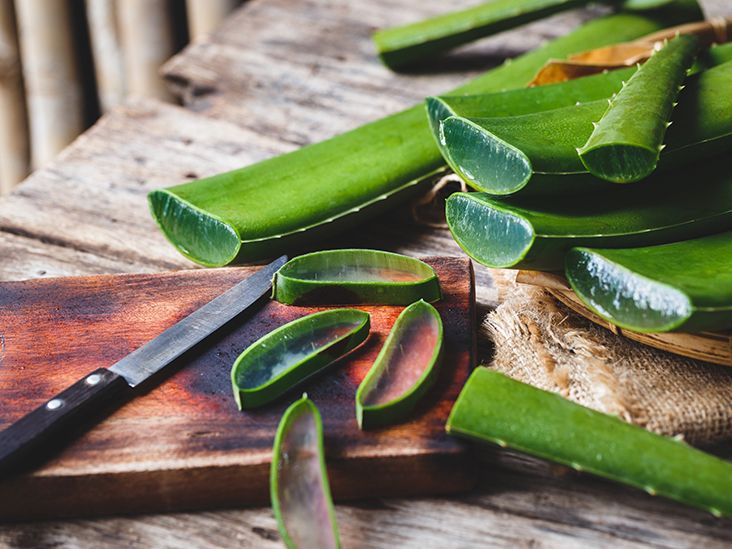
Aloe vera is beneficial from a medical standpoint. It lowers blood glucose levels in people with diabetes. It makes the body’s tissues more responsive to insulin, which increases its efficacy. Reduced blood pressure is another benefit of aloe vera’s active components. Because of its inherent healing properties, aloe vera gel has shown promise in treating diabetic foot ulcers.
Probiotics and Prebiotics

Probiotics and prebiotics can improve insulin sensitivity by changing the gut’s types and amounts of bacteria. The human body has trouble digesting fructans, a prebiotic, but the large intestine can break them down, benefiting the bacteria in the digestive tract. Prebiotics include pectin, inulin, gums, cellulose, and hemicellulose. Studies involving 2,086 participants have shown that people with diabetes who used prebiotics and probiotics had lower fasting blood sugar and cholesterol levels.
Chromium
:max_bytes(150000):strip_icc()/chromium-picolinate-side-effects-89554-primary-f0fb4c12e46b42afb7ab83f74cc3dd5a.jpg)
Chromic acid is a crucial trace element. Metabolic processes involving carbohydrates use it. However, research on chromium’s efficacy in diabetic management is limited. According to a meta-analysis of 28 research conducted in 2020 (Reliable Source), chromium supplementation may assist those with type 2 diabetes who have high fasting glucose levels.
Berberine
As mentioned before, berberine has the potential to enhance insulin sensitivity.5 Berberine finds its way into many different plants. According to a meta-analysis of 37 studies with 3,048 participants, berberine effectively reduced fasting blood sugar levels and HbA1c (average blood sugar level for the past three months). The majority of studies did not find any proof that diabetes medication combinations, including berberine, raised the risk of side effects or potentially fatally low blood sugar levels. However, berberine may interact negatively with some medications.
Bitter Melon
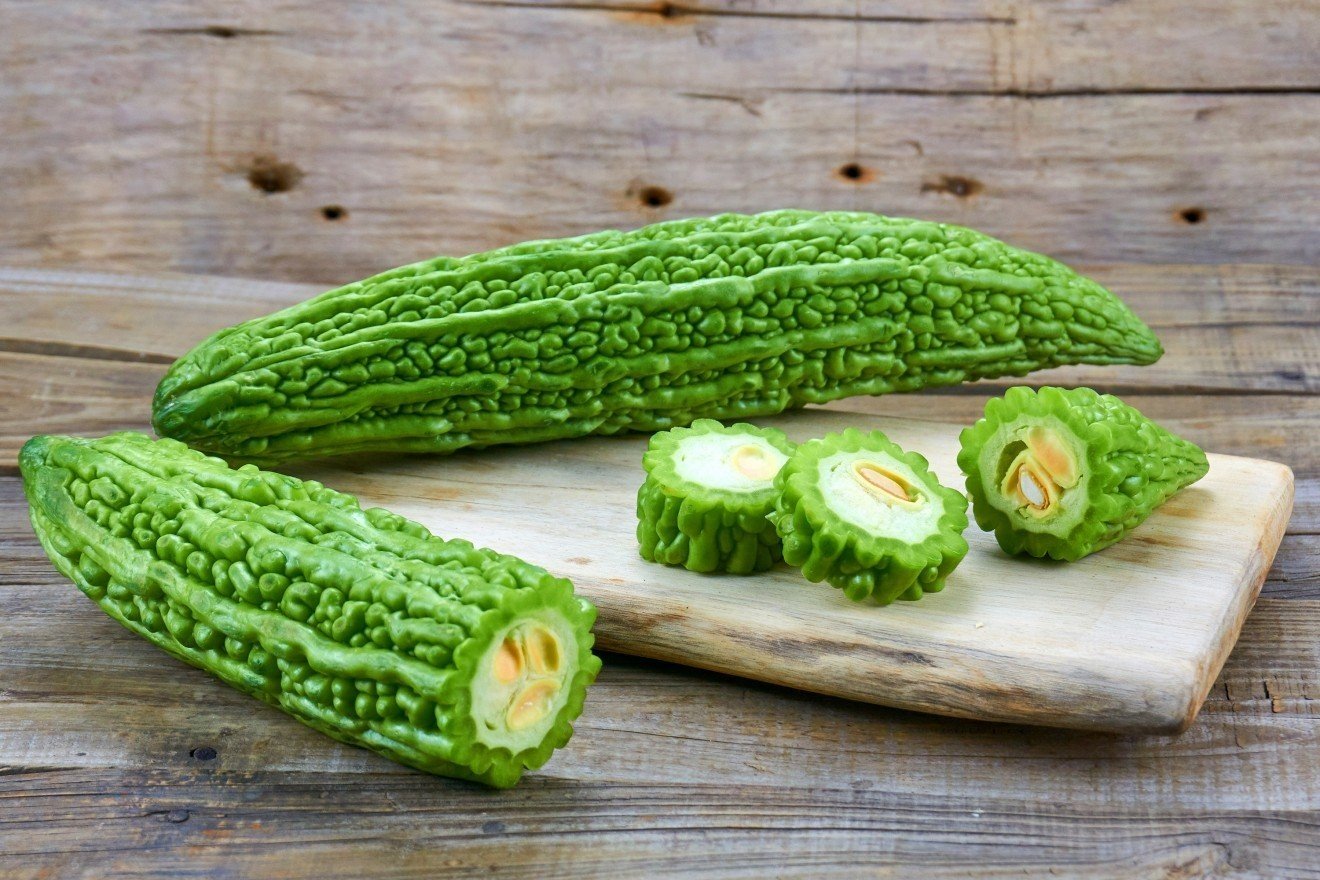
Milk Thistle
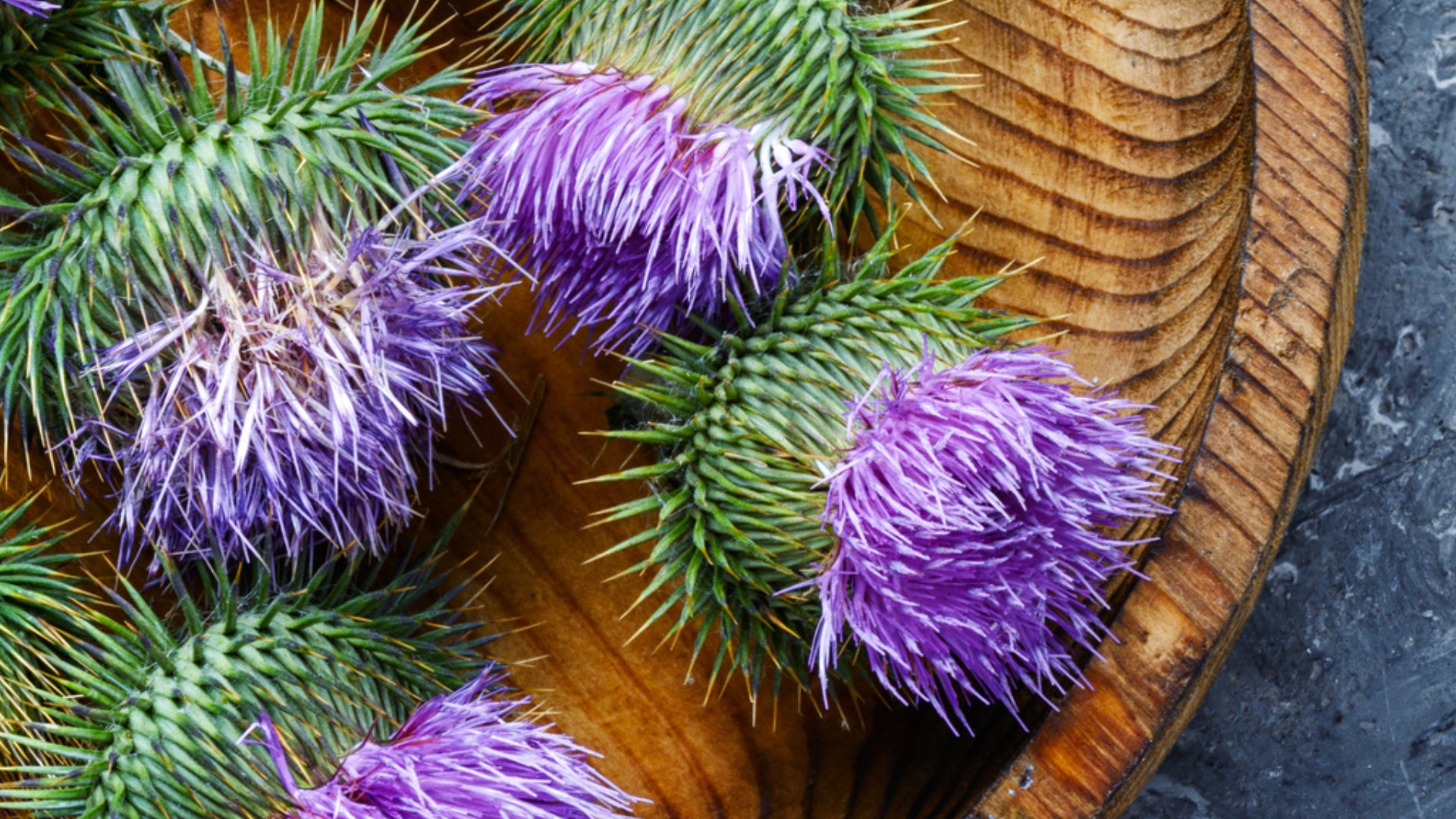
Milk and daisies: Every thistle belongs to the aster family. It is possible to consume the plant itself. More information is needed on how milk thistle lowers blood sugar levels. Milk thistle’s silymarin component improves insulin sensitivity and protects the pancreas from damage. In 2020, a meta-analysis of 16 studies, including 1,358 persons, found that milk thistle users had decreased fasting blood sugar levels and haemoglobin A1c compared to a control group. Also, people with type 2 diabetes had superior results from a combination of berberine and milk thistle for decreasing HbA1C than from either herb alone. While most people have no problems with milk thistle, individuals allergic to ragweed or daisies could have some side effects.
Turmeric
Spices, such as turmeric, may lower blood glucose levels. The anti-inflammatory, antioxidant, anti-atherosclerotic, heart-protective, and weight-reducing properties of this substance may help people with diabetes better control their blood sugar levels and mitigate the effects of disease. Turmeric has remarkable properties that may improve the health of your organs and functions when consumed.
Alpha-lipoic Acid
:max_bytes(150000):strip_icc()/alpha-lipoic-acid-88727-primary-49db80751ca14a66ae8d162358080767.jpg)
Alpha-lipoic acid (ALA) is a highly effective antioxidant. Research suggests it can guard against the harmful effects of free radicals. Improve eyesight, relieve neuropathy symptoms, and reduce FPG levels. However, further study is necessary. Additionally, it’s essential to exercise caution when using ALA, as it can significantly lower blood sugar levels.
Vitamin B1
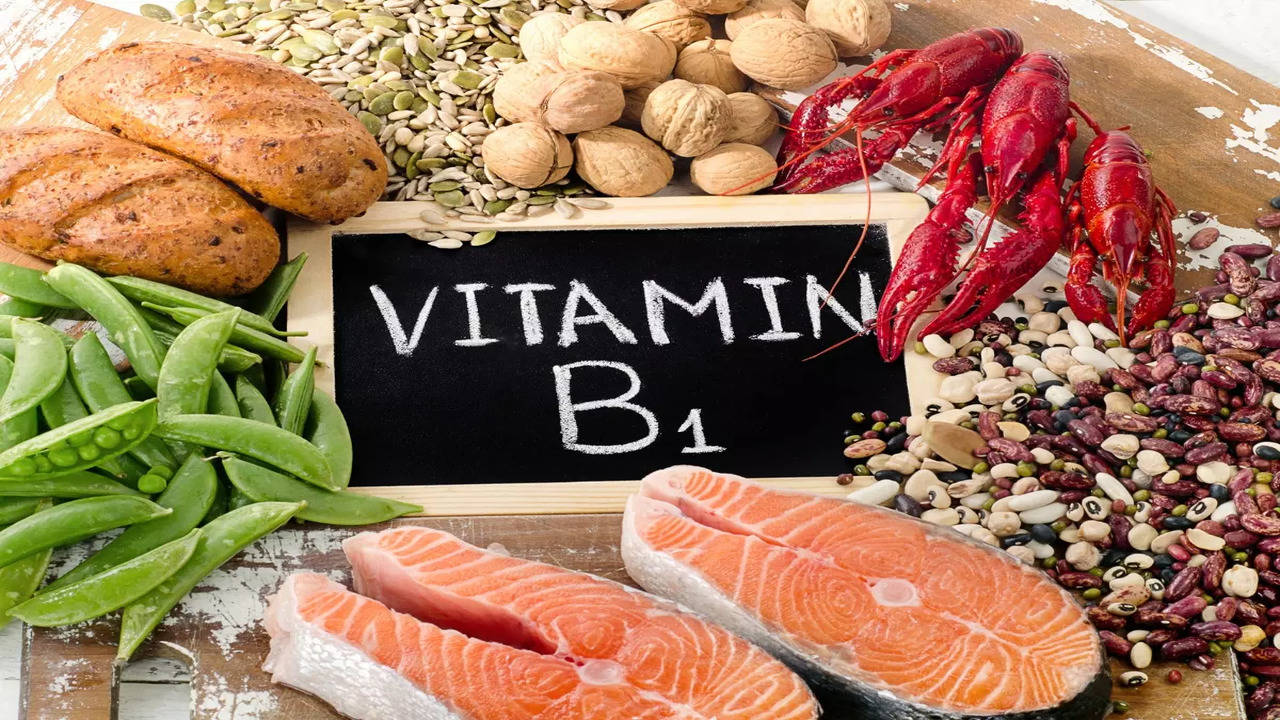
Vitamin B1 is also known as thiamine. Many people with diabetes do not get enough thiamine. Some problems related to diabetes could get worse as a result of this. An increasing body of evidence links low thiamine levels to an increased risk of cardiovascular disease and vascular damage. Thiamine is a water-soluble nutrient. However, benfotiamine is a thiamine supplement that may dissolve in lipids. It has improved cell-membrane crossing capabilities. Some research suggests that benfotiamine may help people with diabetes avoid complications (Reliable Source). However, other studies have not shown any positive results.
Curry leaves
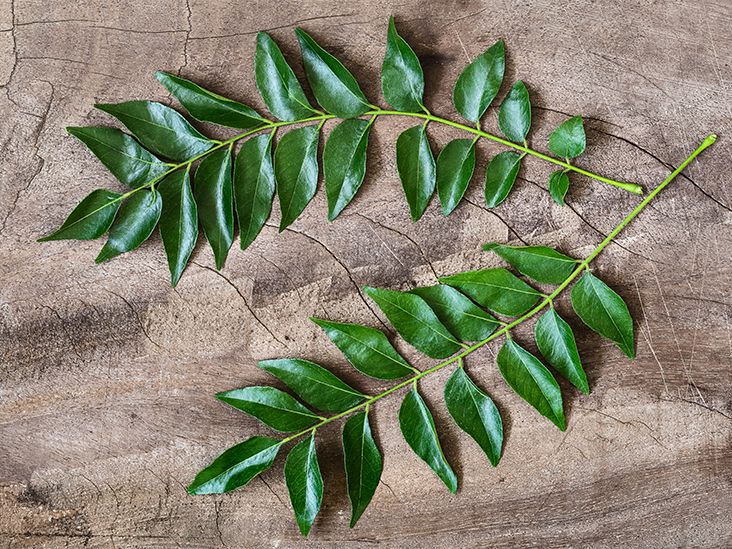
Fragrant curry leaves may also aid in the management of hyperglycemia. The plant’s mineral composition makes maintaining steady blood sugar levels easier. Additionally, it influences glucose metabolism, making oxidative stress less likely to occur. Start your day well by chewing on some exquisite curry leaves as soon as you open your eyes. Curry leaves flavour to a wide variety of dishes, not only curries.
Garlic

Garlic is an anti-diabetic and hypolipidemic agent that also aids people with diabetes in controlling their blood sugar levels. Because of its sulfur content, it prevents oxidative damage and excessive cholesterol. Researchers in 2014 suggested that garlic might help reduce the risk of cardiovascular complications in people with diabetes. Every day, ideally first thing in the morning, eat two or three cloves of raw garlic without eating.
Sage
:max_bytes(150000):strip_icc()/Simply-Recipes-Guide-to-Sage-LEAD-07-13f5b0730c9d495099897bbb41a0f31c.jpg)
Traditional medicine has long recognised the positive effects of common sage leaves on diabetes. Promising evidence from animal and human studies suggests that it may positively impact reducing blood sugar levels. The results showed that mice with type 1 diabetes could successfully lower their blood glucose levels by activating a specific receptor in the sage extract.
Gymnemate Sylvestre or Gurmar
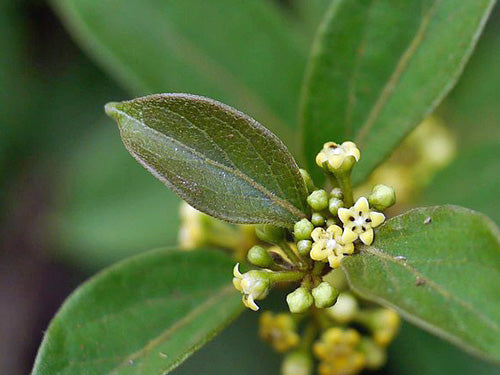
According to Healthline, Gymnema Sylvestre may rejuvenate insulin-producing islet cells and increase pancreatic insulin output, an intriguing possibility. People with diabetes have a good chance of drastically lowering their blood sugar levels. Gurmar’s incredible anti-diabetic effects have brought it great notoriety.
Oregano
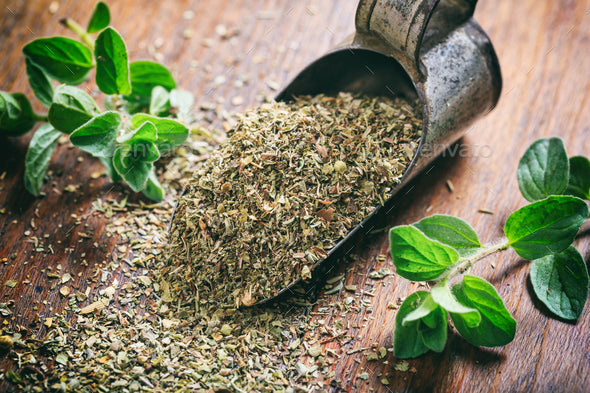
Divine oregano. This herb has a dual purpose in treating hyperglycemia. It reduces sugar cravings and encourages the pancreas to release more insulin, which contributes to decreased blood sugar levels. Some of the oregano’s components help cells mobilise glucose.
Conclusion
They are navigating natural solutions with the science behind herbs and supplements for diabetes control. The most critical components of managing type 2 diabetes are dietary changes and lifestyle modifications, even if herbs and supplements may assist with blood sugar management. Be cautious while supplementing and see your doctor to ensure your safety and prevent undesired reactions. By integrating their prescribed medications with the conventional knowledge of nutritional supplements, people with diabetes may develop a unique treatment plan that improves their health and wellness.
Integrating Herbs and Supplements for Diabetes into Your Wellness Routine!

